“Don't be afraid to feel, emotions are beautiful, to feel is a way to deal with life episodes. They say to feel and express everything is a sign of weakness and you will appear vulnerable, I beg to differ. Those who have never tried to feel and resist to experience going through their own emotions will appear strong on the outside but apparently they are fragile on the inside, because they never feel, and when we don't feel, we will never know how to handle a touch of an emotion, that's why it will easily drive us insane. Diving deep into a feeling will make us want to swim up for air again, to breathe again, to see everything clear again and to believe once more. Choose to feel. To feel is fearless, it breeds courage.”
My overall rating: 3.75 / 5 ★
Dancing Souls is a collection of uplifting and self-empowering poetry. The poems radiate strong yet delicate vibes, and there were several pieces that sound sassy as well. I enjoyed reading this poetry collection, especially the ones that mentioned God's greatness in them. It's not often for me to read poems with religious (Islamic) elements in it, so I really appreciate the poet's take on them.
However, there were more than a few things that I couldn't get through, no matter how much I loved reading Dancing Souls. I'd like to touch upon the language, grammar and punctuation first. I'm very particular about these three matters whenever I read anything, and even if they're free verse poems, I take these matter seriously.
I noticed that the poet tend to use shortened/informal words (e.g. "imma") in her poems, and I find this quite unflattering. To me, a poem should sound graceful—not all the time of course, as the subject of each poetry vary—but using words like "imma" or "wanna" just takes the beauty out of the poetry. Words like that should be reserved for dialogues only. This could possibly be a typing error, but the poet had confused the word "then" and "than". These two words are used in completely different situations, and in 'Do What You Love, Love What You Do', it should have been "then", instead of "than".
I also noticed that a few poems appeared twice. 'Throne'/'The Throne' and 'Hatred' are the ones that I noticed to appear twice in the book. I like the final section of the book, 'Late Night Thoughts', as they felt very raw to me. However, grammatical errors and typos are too glaring on this part, which left me a bit dismayed. There were multiple missing full stops (full stops are important!), spaces before a punctuation mark (there shouldn't be any spaces before a punctuation mark), wrong use of punctuation marks, and a quite messy use of uppercase and lowercase letters.
I do realise that this part of the book was named 'Late Night Thoughts', so these errors are probably meant to be left alone to reflect the impulsiveness of the late night thoughts, but I can't find myself able to get pass them. I also personally think that the quotes from other people were not needed in the book; they felt unnecessary and the poet didn't actually need them to prove her point.
Overall, reading Dancing Souls was fun as I could relate to many of its pieces. The problems that I listed are probably to my personal preference (I tend to judge poetry collection harsher than fiction books) so this shouldn't discourage you to pick up the book. Here's one of the poems that I loved:
Hell
;
A Deserving Love is a collection of inspirational words that talks about the true meaning of love that we truly deserve. If I have to be very honest, I couldn't connect well with this collection, but I do appreciate the author's take on innocent and kind love. It's not only meant to be about love towards someone else, but also love towards yourself and towards God.
A Jar of Hope speaks about how difficult facing reality is, but one should not ever lose hope. It reassures the reader that it's okay to be yourself, and that having hope helps us to continue forward with our dreams or goals. This is the kind of book that would be perfect to read out aloud, just so that we can let the words soak into our minds and hearts better when listening to it.
A Leap of Faith feels very personal, as it was written with a gentle tone for those that feels worn out or tired with life. This collection includes inspiring words that may guide readers to have faith in themselves, and to take it easy. It's perfectly okay to have imperfections, all you need to do is have faith in yourself that you can take that leap forward. Among these five books that I read, this would be my favourite ♡
A Quote a Day is a beautiful book filled with 30 motivational quotes that are meant to be devoured as constantly as needed. It's a book of comfort that encourages readers to see themselves as who they are; there's no need to change just to fit someone else's standard if you are content with being who you are. This book does not only contain lovely illustrations, but the words are also very uplifting. I don't think it would be wrong to make this book a daily read!
Overall, Sharifah Nadirah did a wonderful job writing all these books. Even if not all of them are my cup of tea, I still enjoyed reading all of them. Thank you once again to the poet for giving me these copies of e-books in exchange for my honest review. If you're interested in getting any of these books, you may contact the poet herself on her Instagram account: here!
Till next time ♡ Love, Aishah Humaira'
Series: -
The Elephant in the Room is a heartwarming and pleasing story about a young girl who had to face a long separation from her mother, and found comfort in befriending an old man who won the state lottery, a circus elephant called Veda, and an autistic boy named Mateo.
I consider the story to be quite delightful. I like Sila's character; she was definitely upset about being separated from her mother and it changed her bright personality to quiet and reserved in school, but ever since befriending her three new friends, I feel that she tried her best to have a more positive outlook on her life. There was a reason why Gio, the old man, was so keen to get to know Sila more, and the reason between their friendship was rather bittersweet.
I also like the fact that Sila tried her best to let Mateo just be himself. I have no personal experience with an autistic person; the closest that I have would be a friend's brother. The boy is entirely sweet when we met, but I only spent little time to know him so I wouldn't say I know anything much regarding autism. I am aware that there are different spectrum of autism, and I appreciate the author by approaching the matter through Sila's eyes. There were times where Sila couldn't get Mateo at all, or his reactions annoyed her, but she did her best to try to understand the fact that his way of dealing with the world is different than hers. And that's how the greatest friendship is built—by the efforts of understanding each other's differences.
I would say that those are the things that made this book a pleasant read. However, I will have to continue this review with several things that didn't sit right with me.
I will start with the fact that this book is a story about a Turkish girl, written by a white person. Sure, Sila is considered an American citizen since she was born in the country, but her parents are Turkish and the fact that this was written by someone entirely not of the race is a bit iffy. I did read the author's bio mentioning that she used to live in Istanbul, but that definitely did not mean she could use the Turkish identity simply because of that. Not to mention the fact that Sila "supposedly" speaks Turkish with her parents at home, but not a single Turkish word was ever mentioned in the book. She even called her parents "mom" and "papa". The author could have at least used the word mom and dad in Turkish, which was the least that she could do.
I also find it hard to swallow that the author tried to make Sila someone very American. There was a moment where she noticed that her favourite sweater was the colour of the American flag, and it all just feel weird to me. Sure, in reality, someone like Sila is allowed to be proud of being American however she wants. But this book is written by someone clearly non-Turkish, and for her to write about a Turkish girl to be proud of being American just sounds demeaning.
And then there's Veda, the elephant. I love animals, and I love stories with animals in it, but Veda's case is a bit weird to me. Don't get me wrong, there's nothing wrong with the elephant—she's just a sweet circus elephant that was rescued and the main reason why Sila could bond closer with Gio and Mateo. Somehow, the author decided to include chapters from the perspective of the elephant herself. And that, is where it gets weird. I know animals do have feelings and memories too, but writing it down in the way a human would react or feel, feels too weird for me. I would've understood if the main character is Veda, but it's not. This is my personal thought though, someone else might have found Veda's chapters to be heartwarming. I just felt that it did not serve any purpose to the story.
Overall, reading The Elephant in the Room was relatively easy. Although I did enjoy the storyline, there were things I couldn't accept, and I didn't really fancy the author's writing style either. It was too descriptive and there were many info-dumping, which sometimes made me want to skim over everything. This would still be a good book for young readers that wish to slowly get into reading though, because the language is rather simple. Many thanks to Pansing for sending me this ARC in exchange for my honest review. The Elephant in the Room is set to be published on 2nd of March 2021.

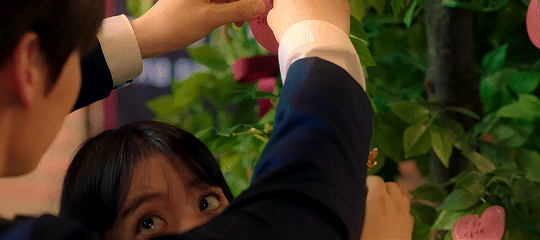
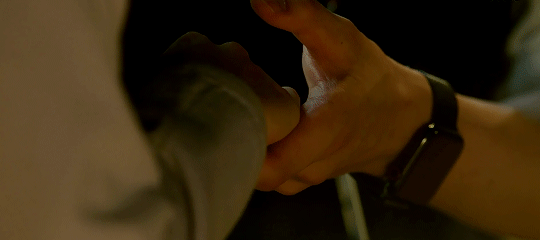
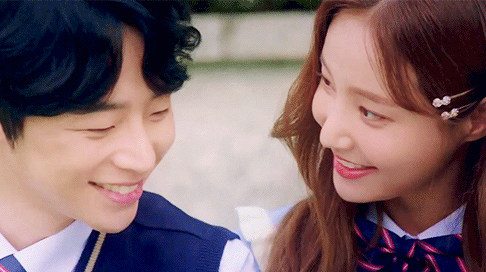
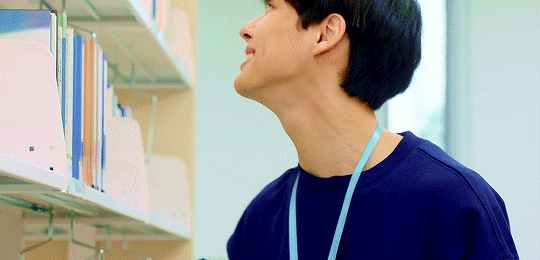
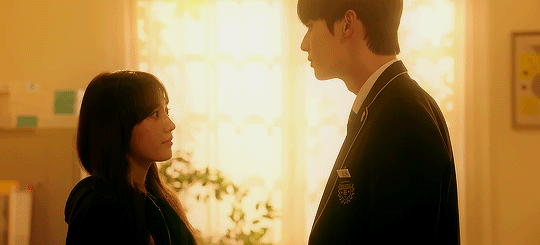























Social Icons